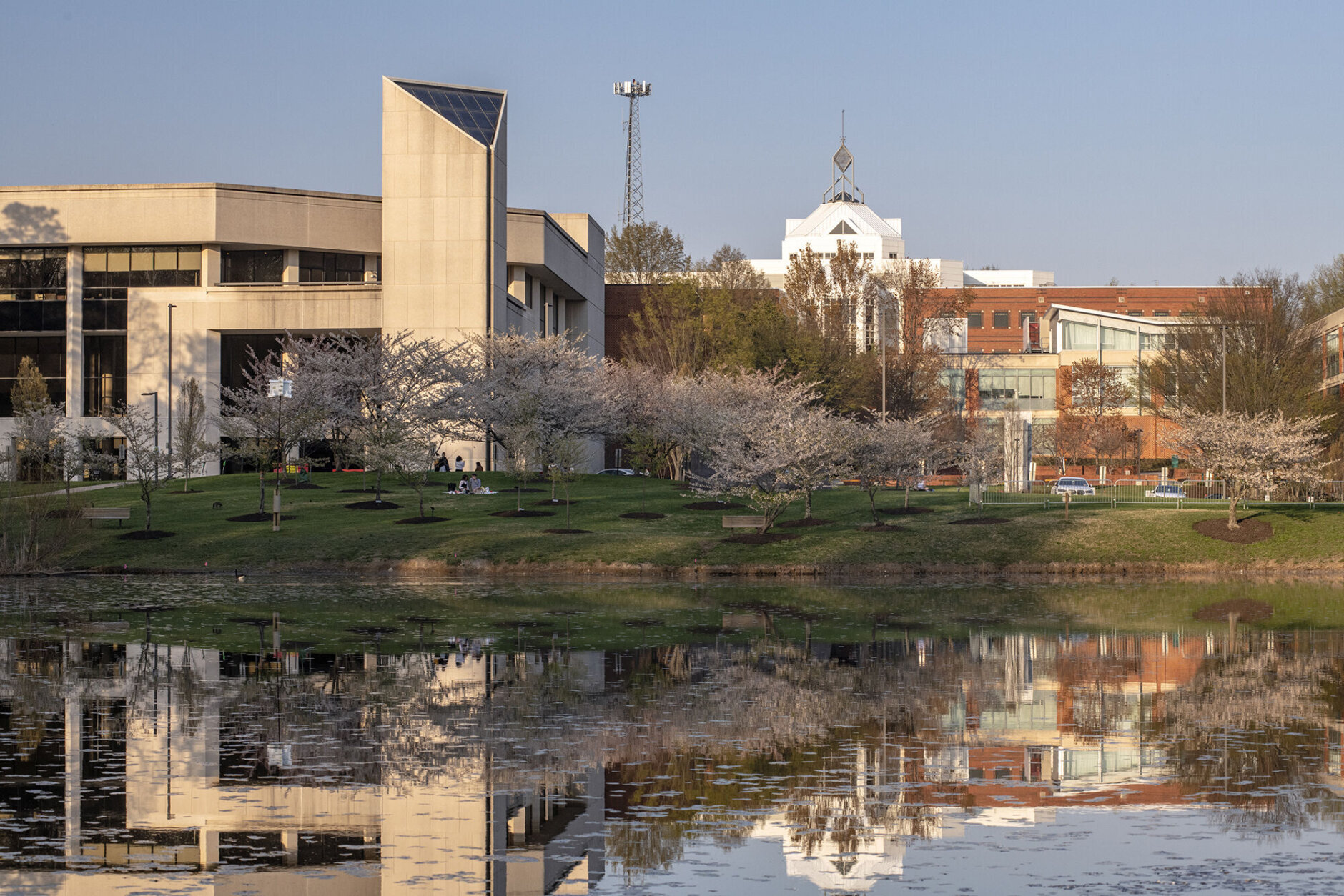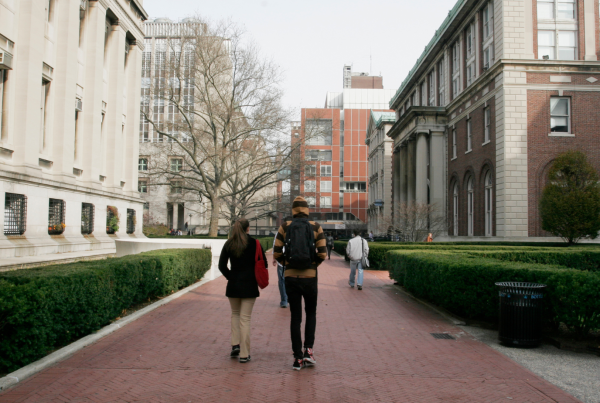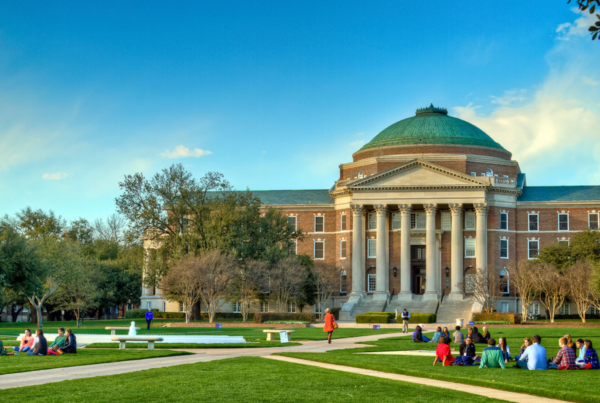By Liz Jackson
While attending the annual Higher Education Consultants Association conference, I had the opportunity to visit George Mason University in Fairfax, Va. A beautiful, well-maintained, and secluded campus, George Mason offers excellence in STEM, the arts, and internships and job placements in major agencies, organizations, and companies in and around Washington, D.C.
Here are some of my top takeaways from Mason!
- GMU is a Diverse Community: George Mason attracts students from all walks of life. Its student population draws from all 50 states and from more than half the world’s countries. GMU also has high numbers of veteran students, non-traditional students, and first-generation students. Even politically, George Mason students represent a wide range of beliefs and ideologies. With a community of over 12,000 students, Mason is a place where just about everyone can find their like-minded people as well as finding opportunities to learn from others with different backgrounds.
- If you want to live and work in D.C., GMU is a great place for you! While Mason’s campus is removed from the hustle and bustle of Washington, students have access to the Metro, which provides easy access to cultural and professional opportunities in D.C. Interestingly, nearly 80% of GMU graduates live and work in the DC/Virginia/Maryland area, many of them in various government agencies and organizations. George Mason’s criminology and forensic science programs are some of its strongest. They provide pipelines to careers in law enforcement and intelligence agencies like the FBI and CIA. So if life in the capital city appeals to you, George Mason is worth a look!
- GMU is a good fit for mature and independent students: With its medium-to-large student population and its R1 Research University designation, George Mason provides abundant opportunities to be involved in academic and extracurricular life on campus. But because of its size, Mason probably isn’t the right place for students who need lots of personal attention and hand-holding to meet their needs. That said, students who are strong self-advocates can find an incredible array of resources at their disposal, including special advisors for aspiring Rhodes or Truman Scholars, and student organizations including a meteorology club and a criminal justice student organization.
- GMU’s Honors College: Each year, Mason welcomes 300 students into its Honors College, which focuses on preparing students to do research and helps them learn in interdisciplinary ways. Honors college students take a mandatory first-year research course, and they have access to special courses taught by adjunct faculty working in fields like federal election policy or cyber intelligence. Another perk of the Honors College is that its students get priority registration in advance of the regular registration dates for most students, which helps ensure they can get into the courses they want or those they need to finish their degrees in four years.





